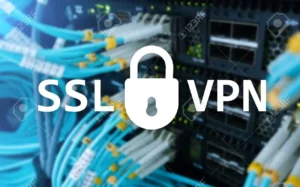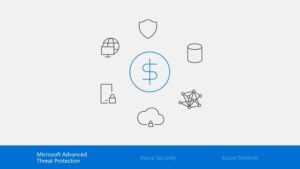Growing demand in cyber security offers a wealth of opportunities for new graduates
Eva Yu started out as an antivirus analyst and is now a data scientist at Fortineta global cybersecurity company based in California. She graduated from the British Columbia Institute of Technology in 2017 and is based in the offices of Fortinet in Burnaby, BC.
Summary
The transition from university to a graduate career often carries a lot of fear and uncertainty, especially when entering a technical and enigmatic sector like cybersecurity. When deciding what career to pursue after graduation, I knew that cybersecurity intrigued me, but I wasn't sure if I had the right background or the necessary skills to succeed in this field.
Myths and Concepts
I felt held back by the myths and misconceptions surrounding the cybersecurity industry and the types of jobs I thought were available to recent graduates. But as I learned more about the field, I discovered that it was actually very welcoming to recent graduates. What's more, there continues to be a growing demand for talent and a lack of career opportunities, regardless of your background or education.
In my experience, the most important asset in cybersecurity is a willingness and desire to learn, not just about technology, but in general. Along with a genuine interest, the field will teach you the "hard skills" over time, but softer skills such as leadership, interpersonal communication, ethics and human resources are highly valued and an asset for candidates entering the field.
Cyber Security Career Tips
So if you're interested or just curious about a career in cyber security - here are some tips for making the transition to the sector post-university:
You are not limited by your training or education
When looking at building your career in cyber security after graduation, remember that you are not limited by your background or education. Soft skills, such as leadership, collaboration, interpersonal communication and more, are highly valued and can be just as important as being a technology expert.
There are many career options and opportunities in cybersecurity for people with both technology and non-technology backgrounds. If you're starting from a tech background, roles such as security engineer, cryptographer, virus technician and more could be a good option. Starting from a non-tech background? With some training, you can take on roles such as network administrator or cyber policy analyst, which you might have thought were out of reach. There are also a variety of less technical or cyber security roles, such as marketing, human resources, finance and more.
Choose a path
Cybersecurity is a broad field, so when you want to enter the sector, it's important to do your research and decide which area you want to focus on. Find out what fundamental skills you will need for an entry-level position in this area. This will help you set goals, both short and long term, and narrow down the jobs you're most interested in.
Never stop learning
In parallel, while you are looking for a job, even beyond graduation, it can be extremely valuable to obtain additional certifications and improve your skills.
Look at the requirements for the positions you are interested in and work on developing these skills so that you can add them to your CV. Employers like to see that a candidate has the desire to seek out professional development opportunities and learn more about the technical side of cyber security.
It doesn't have to be a big commitment either! There is no shortage of free and open educational resources for people who want to take the first step. In fact Fortinet offers many useful courses that people in sales, product management or customer support can take at their own pace to gain a basic knowledge of the field.
Take advantage of networking opportunities
If you don't already have a network of cybersecurity professionals, don't worry! The sector offers plenty of ways to get out into the field and connect. A search on social media or LinkedIn will reveal plenty of common interest groups and local community gatherings to take advantage of. If you're still at school, you can also look for opportunities to connect with your school's network of alumni and professionals. Don't be afraid to contact and engage with guest speakers or potential employers at job fairs. Connecting with people in the sector and asking questions can help open doors and reduce any misconceptions you may have.
My biggest piece of advice for anyone interested in pursuing the cyber security sector is: don't be afraid to apply!
Cybersecurity is a thriving industry with a wide range of career options available to suit a variety of skills; remember that you are not limited by your background or education and can bring something unique and special to any role!
Original article at the link: ftnt.me/188BA0





